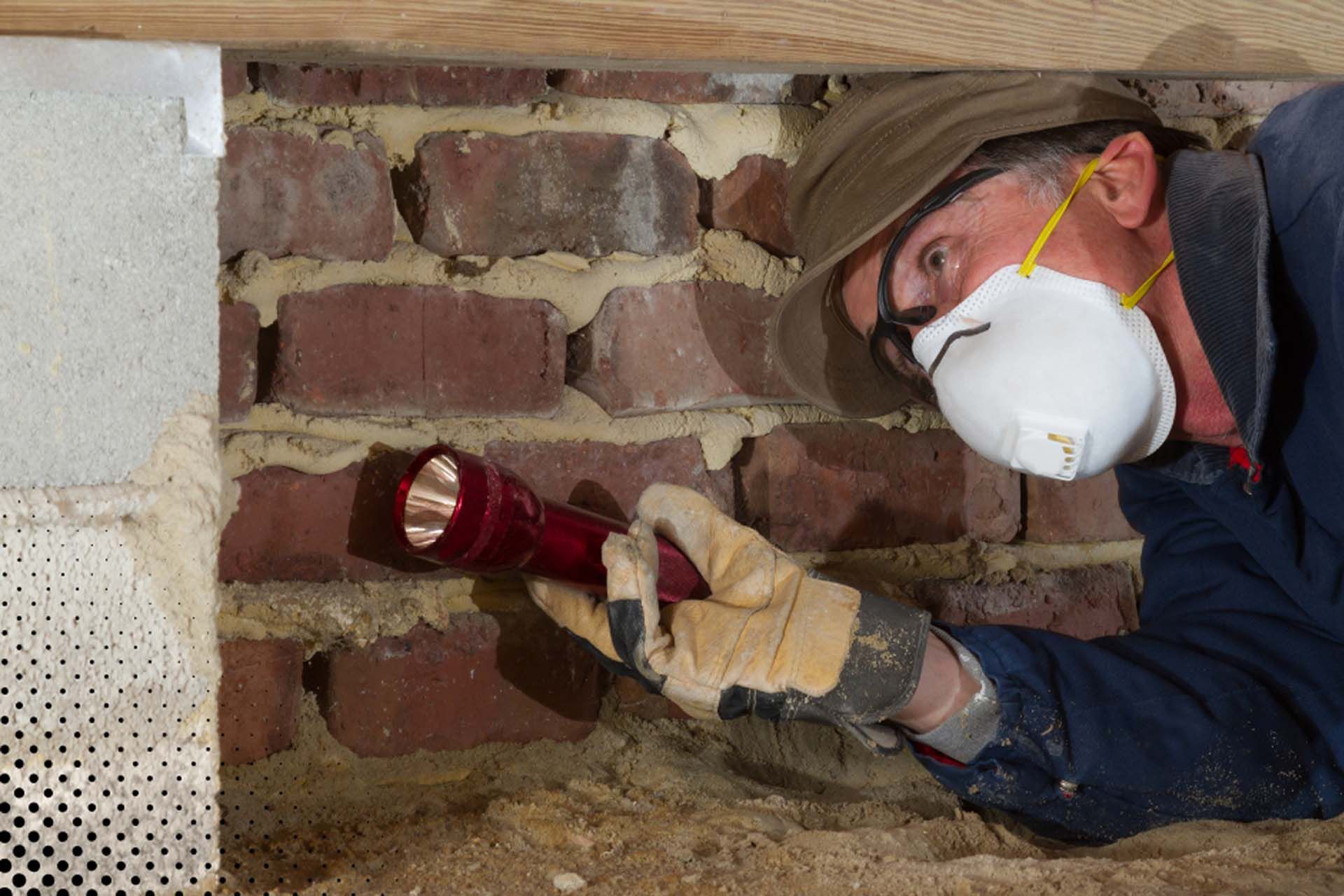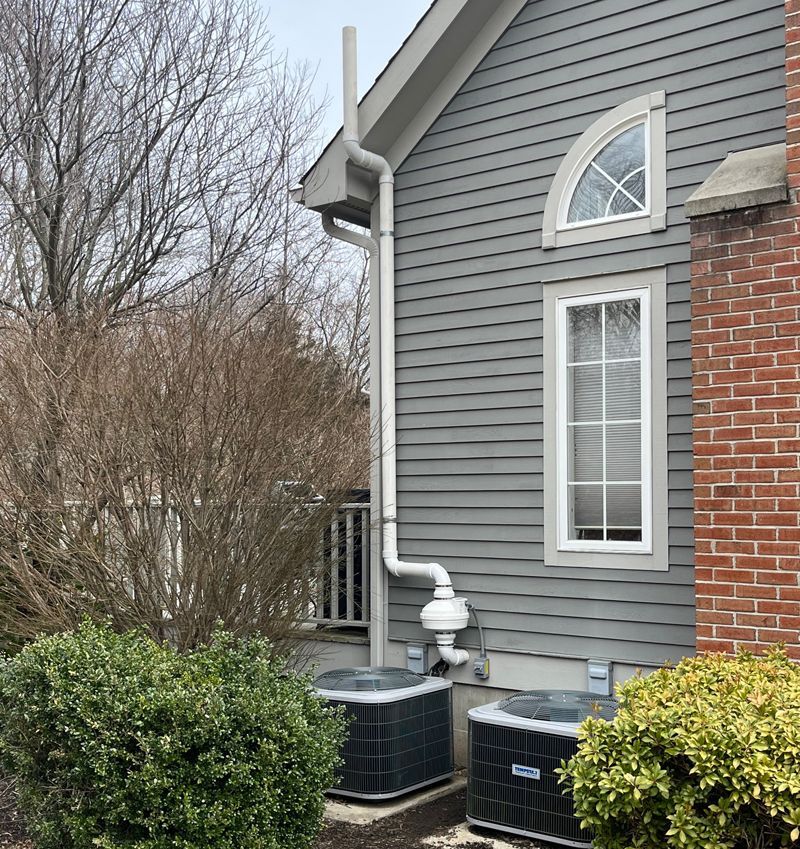December 13, 2024
Why Attention to Detail is Crucial When Hiring a Radon Mitigation Company Radon is an invisible, odorless, and tasteless gas that can pose serious health risks when allowed to accumulate in your home. Exposure to high radon levels over time increases the risk of lung cancer, making radon mitigation an important safety measure for homeowners. When it comes to addressing radon problems, hiring the right radon mitigation company is essential—and attention to detail should be a key consideration in your hiring decision. Radon mitigation is more than just installing a system; it involves a comprehensive assessment, careful planning, and precise execution. Below, we’ll explore why attention to detail matters so much when selecting a radon mitigation company and how it ensures your home’s safety and long-term peace of mind. 1. Every Home is Unique—Your Mitigation System Should Be Too One size does NOT fit all when it comes to radon mitigation. Your home’s construction, foundation type, ventilation, and entry points for radon gas are unique to your property. A detailed inspection and assessment will identify these factors and ensure that the mitigation system is customized to your home’s specific needs. Companies that prioritize attention to detail take the time to thoroughly evaluate the layout of your home, pinpoint the source of radon, and tailor their system design to fit your situation. This custom approach ensures the system will be efficient, effective, and appropriate for the unique characteristics of your home. 2. Proper Installation Requires Precision Installing a radon mitigation system isn’t just about putting in a pipe or fan. It’s a process that requires careful execution, knowledge of the home’s structure, and adherence to safety codes. Attention to detail ensures that the system is installed correctly, without shortcuts or mistakes. When the installation isn’t done right, radon can continue to infiltrate your home, rendering the system ineffective. A company that pays attention to the small details during installation ensures that the system works as intended and keeps your family protected for years to come. 3. Compliance with Safety Standards and Regulations Radon mitigation systems must adhere to local and national building codes and safety standards. These codes ensure that the installation is safe and will protect your home and family from both radon gas and potential hazards associated with improperly installed systems. Companies that are detail-oriented prioritize compliance with these rules and guidelines. They’ll take the time to verify that every part of the system meets all necessary requirements, so you can feel confident that your home is safe and that you’re in good hands. 4. Identifying the Source of Radon Takes Careful Investigation Radon enters homes through cracks in foundations, construction joints, sump pits, or other openings. A professional radon mitigation company must identify these entry points to design a comprehensive system that addresses all radon infiltration pathways. Attention to detail during this assessment ensures no radon entry points are overlooked. Failure to locate and address all sources of radon could lead to ineffective mitigation and higher radon levels even after installation. 5. Avoiding Oversights That Can Lead to Higher Costs Inattention to detail can lead to costly mistakes, such as incomplete system design, improper installation, or missed radon entry points. These oversights may require additional repairs, follow-up testing, or modifications to the system, increasing costs, time, and frustration. A detail-oriented company will perform a comprehensive evaluation, plan the system thoroughly, and execute the mitigation process without cutting corners. This ensures your system is installed properly the first time, reducing the risk of unnecessary expenses. 6. Clear Communication and Transparency Matter A company that emphasizes attention to detail will also prioritize clear communication. They’ll walk you through the process, explain the steps involved, and answer any questions you might have. Additionally, they will provide a clear, written contract outlining the scope of work, costs, and timelines. Good communication and transparency give homeowners confidence that they’re working with a trustworthy and professional company. These qualities also ensure there are no misunderstandings about the mitigation process or what to expect during and after installation. 7. Long-Term Performance Depends on a Detail-Oriented Approach Radon mitigation isn’t a one-time fix. The system must perform reliably over the long term to ensure your home maintains consistently low radon levels. Attention to detail ensures that every part of the system is properly installed, designed to last, and capable of performing as expected for years to come. From the fan system to ventilation paths, a detail-oriented company will ensure the mitigation system is properly maintained and operates at peak efficiency, reducing the likelihood of breakdowns or the need for costly repairs. 8. Trust and Peace of Mind Come with Attention to Detail When you hire a radon mitigation company that takes pride in the details, it reflects their professionalism, experience, and commitment to excellence. This attention to detail translates into trustworthiness and reassurance that you’ve chosen the right partner to protect your home and family. Radon can be a scary issue, but with the right radon mitigation company, you can have confidence that you’re taking proactive steps to ensure your family’s safety. Conclusion: Don’t Cut Corners When It Comes to Your Family’s Safety Radon mitigation is a critical service, and the company you hire should be one that values thoroughness, precision, and professionalism. Attention to detail ensures that the system is effective, safe, and long-lasting. It guarantees the radon issue is addressed properly, so you can have peace of mind knowing your home is protected. When interviewing potential radon mitigation companies, ask questions about their process, training, and experience. Look for companies that demonstrate a commitment to detail—from their initial assessment to the final installation and follow-up testing. By focusing on attention to detail, you can ensure that your home is not only radon-safe today but will stay that way for years to come.



